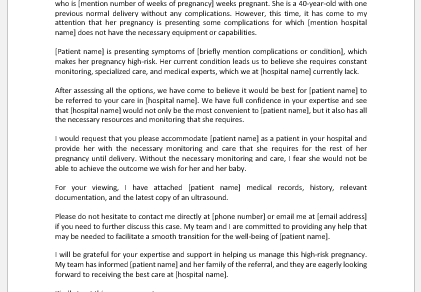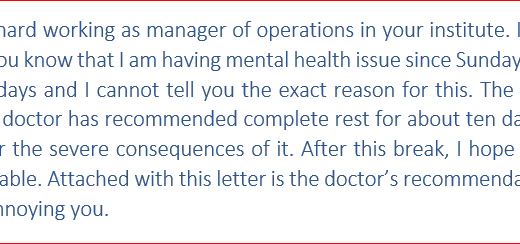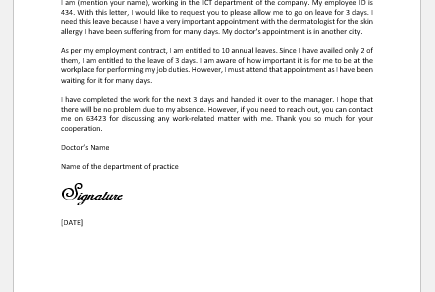A pediatric range ranges from the time of birth to the age of 13 years, after which adulthood starts. In medicine, it is considered to be a very sensitive age as the patient is a child and cannot understand his/ her disease. Because of this, his consent cannot be obtained before any medical treatment. In cases like these, where the patient belongs to the pediatric age group, consent is to be obtained from his parents or legal guardian.
Importance of Consent
Parents are concerned about their child’s health, and it is a matter of anxiety for them. Every individual has the right to know about their disease or illness. For pediatric patients, parents should be informed about any improvement or deterioration in their child’s health. Before starting any treatment, proper documentation of the proposed management plan should be done, and it should be signed by the parents or guardian.
There may be legal implications, if written and duly signed consent is not obtained, against the practitioner and the hospital management. The pediatrician must make sure to obtain informed consent to avoid problems.
Pediatric Consent Form
A pediatric consent form is different from any other consent form in a way that the patient undergoing treatment does not agree to the terms and signs them. Parents are anxious about their kids, and all their queries should be welcomed with empathy. It consists of the following important information:
- Patient’s information: name, age in years and months, sex, date of birth, father’s name, address, phone number, and blood type.
- Father’s occupation, work address, phone number, and identity number.
- History of the patient about both current and past illnesses, surgeries, or hospitalization and management.
- Drug history and allergies, if any.
- The history of immunization is stressed a lot in pediatric cases.
- History of breastfeeding.
- Schooling history; a child’s interaction with other kids, academic history, and participation in sports.
- Detailed information regarding the current illness and its management plan. Discussion about all possible treatments, medical or surgical, with their benefits and risks. All frequently asked questions about the disease should be mentioned with answers.
- A detailed plan of surgery (if any), its advantages, and disadvantages. Complications must be thoroughly described.
- If any anesthesia is to be administered for any procedure, it should be mentioned in the consent form with its form, duration, pros, and cons.
- The course of follow-up and childcare at home.
- Patient’s privacy and confidentiality agreement.
- Insurance policy with the parents’ social security number.
- Information about the child’s physician: name, credentials, signature, and contact number.
- A statement stating the acceptance of medical care, the administration of anesthesia, and surgery for the welfare of the child under the care of the doctor and hospital with the full name and signature of the parents and/or legal guardian with an identity number.
- Date and time of consent. Name of the clinic or hospital.

Consent Form File: 41 KB

Consent Form File: 45 KB
- Leave Message to Boss due to Injury or Accident
- Leave Message to Boss due to Infectious Disease
- Letter to Team Explaining Mental Health Illness
- Letter To School To Request Mental Health Absence For Child
- Letter to Event Organizer Requesting Mental Health Excuse
- Letter to Teacher Explaining Mental Health Absence
- Stomach ache Excuse Note for One Day
- Pregnancy Note to Employer
- Letter to Employer Requesting Mental Health Leave
- Letter to School Requesting Mental Health Services
- Letter to Family Explaining Mental Health Journey
- Letter to Therapist Updating Progress
- Maternity Leave Extension Letter for Childcare
- Excuse Message for Sore Eyes
- Return to Work Letter to Certify an Employee’s Fitness
- Medical Opinion Letter Samples
- Medical Recertification Letters
- Medical Test Result Letter Samples


